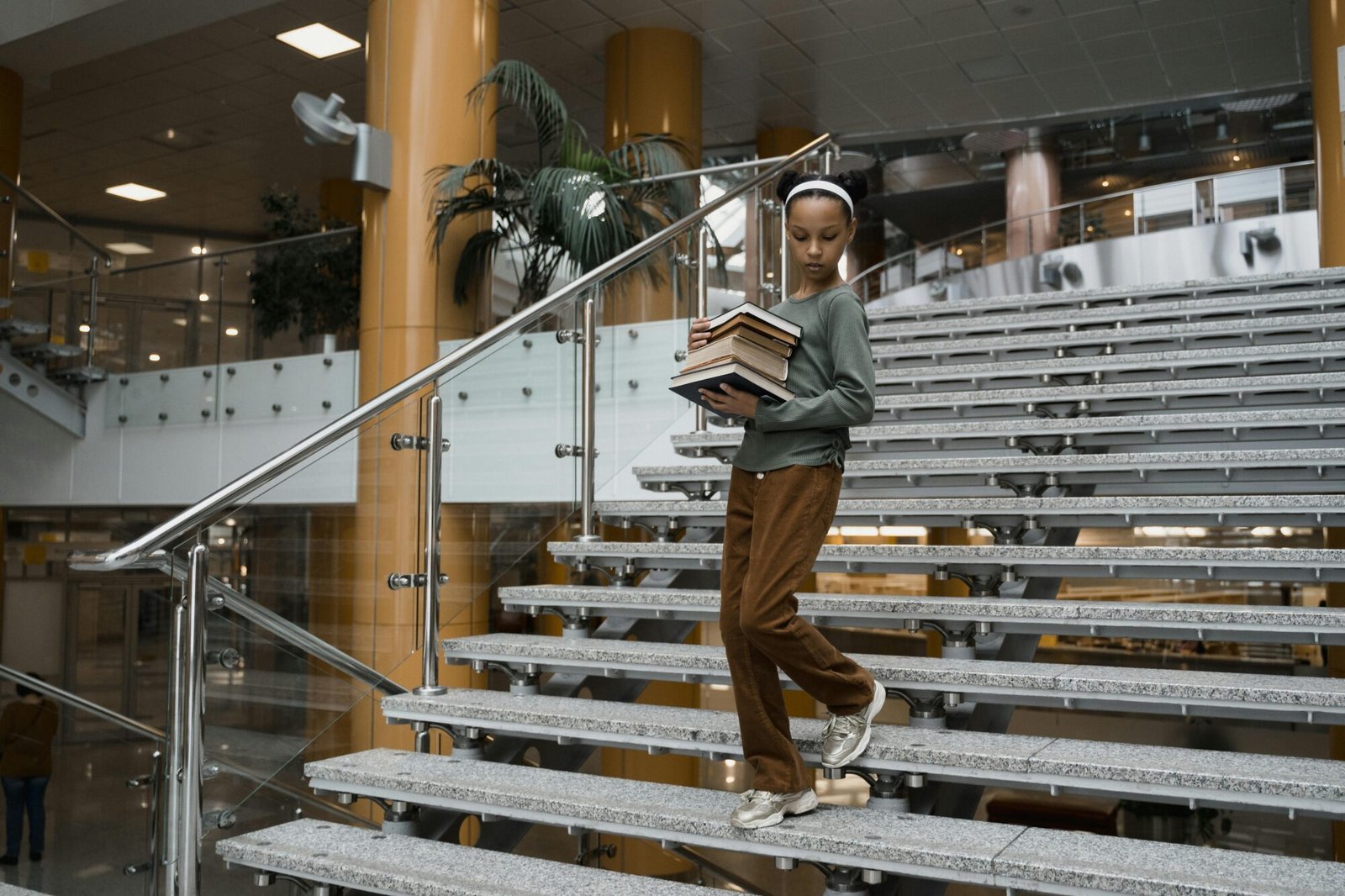In this guide, Dr Lindiwe Zuma explores why classic stories remain essential in our fast-paced digital world. We will look at four timeless books that can become a cornerstone of your homeschooling curriculum, offering profound lessons that help shape thoughtful, empathetic, and resilient young readers in South Africa
In a world filled with digital notifications and fast-paced media, the simple act of reading a physical book can feel like a quiet revolution. For homeschooling families, introducing your child to classic books for children is a cornerstone of a rich curriculum. It builds a strong foundation in language and storytelling that supports them throughout their academic lives.
These stories are more than just entertainment; they are tools that teach empathy, explore complex emotions, and connect us to universal human experiences. They offer some of the clearest moral lessons in children’s books.
The Enduring Value of Reading Classics
Before diving into our list, it is worth considering the benefits of reading classics. These books have stood the test of time for a reason. Their characters are memorable, their themes are profound, and their language is rich. They expose children to sophisticated sentence structures and vocabulary in a natural way.
According to literacy experts, engaging with complex narratives helps children develop critical thinking skills. As the Literacy Association of South Africa promotes, a strong reading culture is fundamental to education. Classic stories provide the perfect material to build that culture at home. They open doorways to different eras and perspectives, making them an essential part of any homeschooling reading list.
1. Charlotte’s Web by E.B. White
This heart-warming tale of the friendship between Wilbur the pig and Charlotte the spider has been a beloved classic since 1952. It is a gentle yet profound introduction to the themes of loyalty, loss, and friendship.
- Why it remains a classic: The book handles the concept of mortality with rare grace and sensitivity, teaching children about the cycle of life and the importance of a true friend.
- Educational Value: The beautiful and accessible language makes it an excellent choice for read-aloud sessions. It provides clear opportunities to discuss empathy, kindness, and keeping a promise. In a South African context, where the spirit of ‘ubuntu’—I am because we are—is a cherished value, the story’s focus on community and interconnectedness resonates deeply. It shows how one small creature’s effort can save another, reflecting a powerful social ideal.
2. The Lion, the Witch and the Wardrobe by C.S. Lewis
The first published book in The Chronicles of Narnia series, this fantasy novel opens a doorway into the magical world of Narnia. It is a thrilling story of courage, sacrifice, and the struggle between good and evil.
- Why it remains a classic: C.S. Lewis was a master of weaving allegory with high adventure. The story is exciting and fast-paced, keeping young readers captivated from the first page to the last.
- Educational Value: The novel is rich with symbolism and can be explored on multiple levels, introducing children to complex narrative structures and character archetypes. You can use the story to discuss themes of betrayal, forgiveness, and heroism. The imaginative world-building also serves as an excellent prompt for creative writing exercises, encouraging children to create their own magical lands.
3. The Secret Garden by Frances Hodgson Burnett
This story follows Mary Lennox, a sour and unloved girl sent to live at her uncle’s English manor after her parents die in India. The discovery of a locked, neglected garden sparks a journey of healing for Mary and everyone around her.
- Why it remains a classic: The Secret Garden is a powerful story about the restorative power of nature and human connection. It beautifully explores the idea that our emotional and physical well-being are deeply intertwined.
- Educational Value: The book offers a rich historical context of the British colonial era, providing an excellent talking point for South African families. The character development is superb, showing how people can change and grow. It encourages vital discussions about mental health and the importance of outdoor activity. The act of caring for the garden helps heal the children, a potent metaphor for personal growth.
4. Where the Wild Things Are by Maurice Sendak
While it is a picture book, Where the Wild Things Are is a profound classic that tackles big emotions in a way that is accessible to the youngest children. When Max is sent to his room, he sails away to an island of Wild Things.
- Why it remains a classic: The book validates a child’s feelings. It gives them permission to feel anger and provides a safe, imaginative outlet for processing it. Crucially, it reassures them that after the emotional storm passes, love and safety await.
- Educational Value: It is a masterclass in visual literacy, teaching children to interpret a story through both words and illustrations. Use this book to open a conversation about managing emotions and to affirm that feeling angry is a normal part of being human. It teaches that you can feel a big emotion, express it, and still be loved and return home.
Conclusion: Building a Lifelong Love for Reading
These four timeless children’s books are more than just stories. They are invitations to explore complex feelings, distant lands, and the depths of human connection. Adding these classic books for children to your homeschooling curriculum can help you raise not just great readers, but thoughtful and empathetic individuals.
What classic books are on your family’s must-read list? Share your favourites in the comments below. Be sure to share this article with other parents and subscribe to our weekly newsletter for more homeschooling resources!

